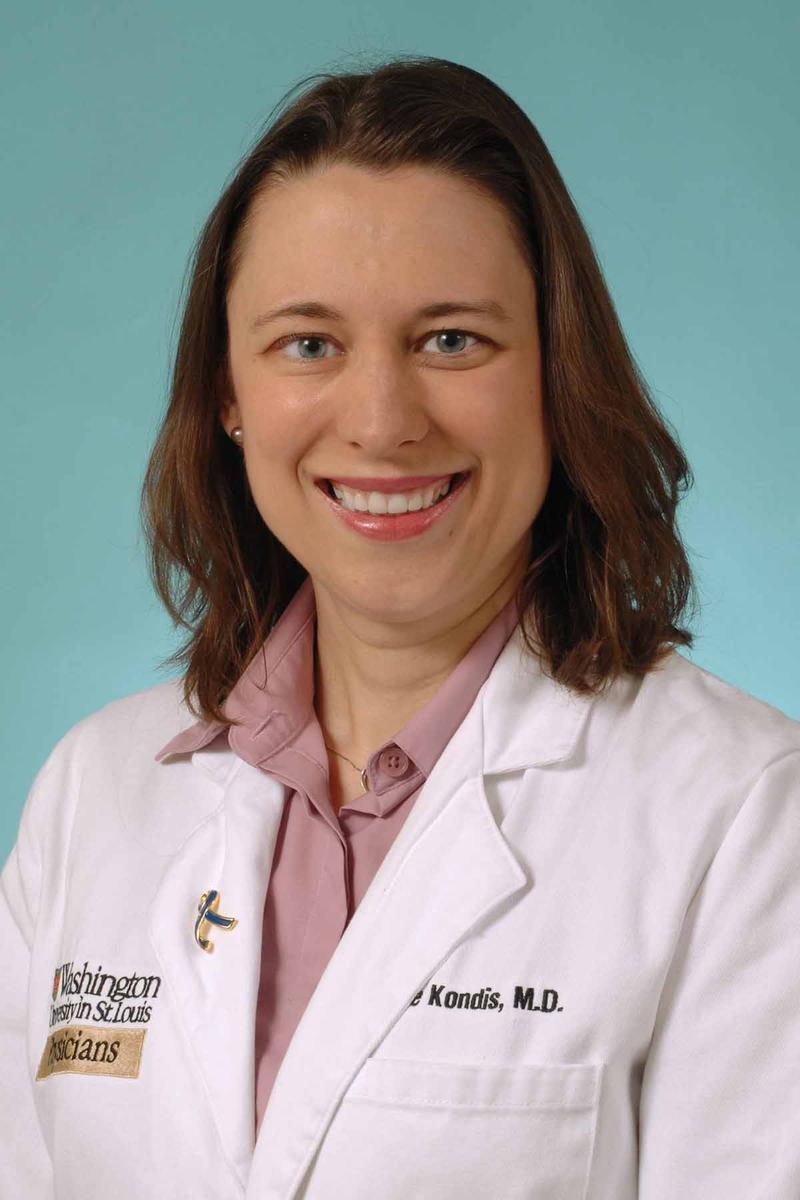 During the most recent Magnet reaccreditation by the American Nurses Credentialing Center at St. Louis Children’s Hospital (SLCH), one of the highlights for reviewers was the Pediatric Sexual Assault Nurse Examiner (SANE) program. Begun in April 2014, the SANE program has developed into a model of care for acutely sexually assaulted children and adolescents in St. Louis and surrounding communities in Missouri and Illinois. It remains the area’s only pediatric SANE program.
During the most recent Magnet reaccreditation by the American Nurses Credentialing Center at St. Louis Children’s Hospital (SLCH), one of the highlights for reviewers was the Pediatric Sexual Assault Nurse Examiner (SANE) program. Begun in April 2014, the SANE program has developed into a model of care for acutely sexually assaulted children and adolescents in St. Louis and surrounding communities in Missouri and Illinois. It remains the area’s only pediatric SANE program.
“A basic tenet of all SANE programs is that for each patient, one specially trained nurse examiner is responsible for all aspects of his or her care, including taking a history, collecting evidence, conducting a medical evaluation and making a diagnosis,” says Jamie Kondis, MD, Washington University emergency medicine physician and SANE medical director at SLCH. “Prior to establishing SANE at Children’s Hospital, sexual assault victims arriving at the hospital’s emergency department were triaged and assigned to pediatric providers in the same manner as other emergency room patients.”
That meant one patient could be seen by a number of providers, including the triage nurse, the patient’s primary nurse, a social worker, a pediatric resident and the attending physician. Each had specific — and sometimes overlapping — responsibilities for caring for the patient, documenting the assault and gathering evidence.
“We now have a streamlined process that begins with the SANE nurse practitioner being activated by either the triage nurse, the social worker or a physician. Acute is defined as the assault occurring within 72 hours of referral — the optimal time period for collecting trace evidence,” says Dr. Kondis. “To aid in making that determination, we have created a SANE ‘decision tree,’ or flow chart that gives specifics to all emergency unit providers about how to identify these patients. Once they are notified, one of our three SANE nurse practitioners arrives within 30 minutes to take charge of the patient’s care going forward.”
Prior to implementing the SANE program, the average length of stay for sexual assault patients was about 5.8 hours. That timing has diminished steadily and currently stands at about 4 hours. Between six and 12 patients are seen by SANE nurse practitioners each month.
“One of our benchmarks has been how quickly patients get their prophylactic medications, including that for HIV. Research suggests the quicker patients get
HIV prophylaxis post-assault the better the chance of preventing it,” says Dr. Kondis. “Prior to implementing the SANE program, the timing ranged from 3 to 6 hours. Through various efficiency measures—including ensuring the HIV prophylaxis is available in the ER Pyxis MedStation — we have it down to 2 hours, which is acceptable considering the time it takes to document histories and perform other vital care.”
Follow-up care for patients also has improved with the implementation of a callback procedure.
“Our goal is to see our patients two weeks after their initial visit so we can perform a repeat physical exam, retest for STDs, conduct a mental health screening, ensure they are receiving counseling, and take follow-up photos for comparison to the originals taken in the emergency department,” says Kathleen Houston, DNP, APRN, PNP-BC, SANE manager. “Whenever possible, we have the same SANE nurse practitioner conduct the follow-up visit. It’s been our experience that the children are comforted by seeing someone familiar when they come back to the hospital.”
Houston, Shannon Miller, MSN, RN, CPNP, and Angela LaPoint, MSN, RN, CPNP, all have undergone SANE training, and Houston recently received SANE certification from the International Association of Forensic Nurses. Miller and LaPoint will sit for the certification exam once they achieve 300 clinical hours in the SANE program. Beyond their specialized training, the SANE nurses attend meetings such as the Midwest Protect Our Children Conference. There they participated in training by the Internet Crimes Against Children Task Force and saw firsthand how easily sexual predators can lure children on social networking sites. Dr. Kondis and the SANE nurse practitioners also are active in the Missouri SAFE CARE network and participate in peer review sessions with SANE nurses across the state.
Dr. Kondis believes the SANE program’s steady growth is due in part to outreach efforts to law enforcement and the child protection community. “We’ve made a conscious effort to inform police in a timely manner when acute sexual assault patients arrive in the emergency department. And having one person in charge means the police receive the evidence they need quickly.”
She adds, “We’ve had several cases for which evidence collection kits have produced positive DNA results, an important outcome for prosecuting offenders.”
Another important aspect of the SANE program is its participation in a multi-center research study focusing on identifying human trafficking victims. “This situation is not something these children easily disclose, so the goal is to develop a screening tool that helps us uncover clues to this abuse,” says Dr. Kondis.
Houston admits that the work involved with the SANE program is hard. “There are cases that have affected me and that I will never forget,” she says. “It can wear on you, but the reward comes from knowing you’ve truly helped these children and their families. Having one person to rely on from door to discharge has made a significant difference for these patients.”
To learn more about the SANE program, or to speak with Dr. Kondis, call Children’s Direct at 800.678.HELP (4357).










